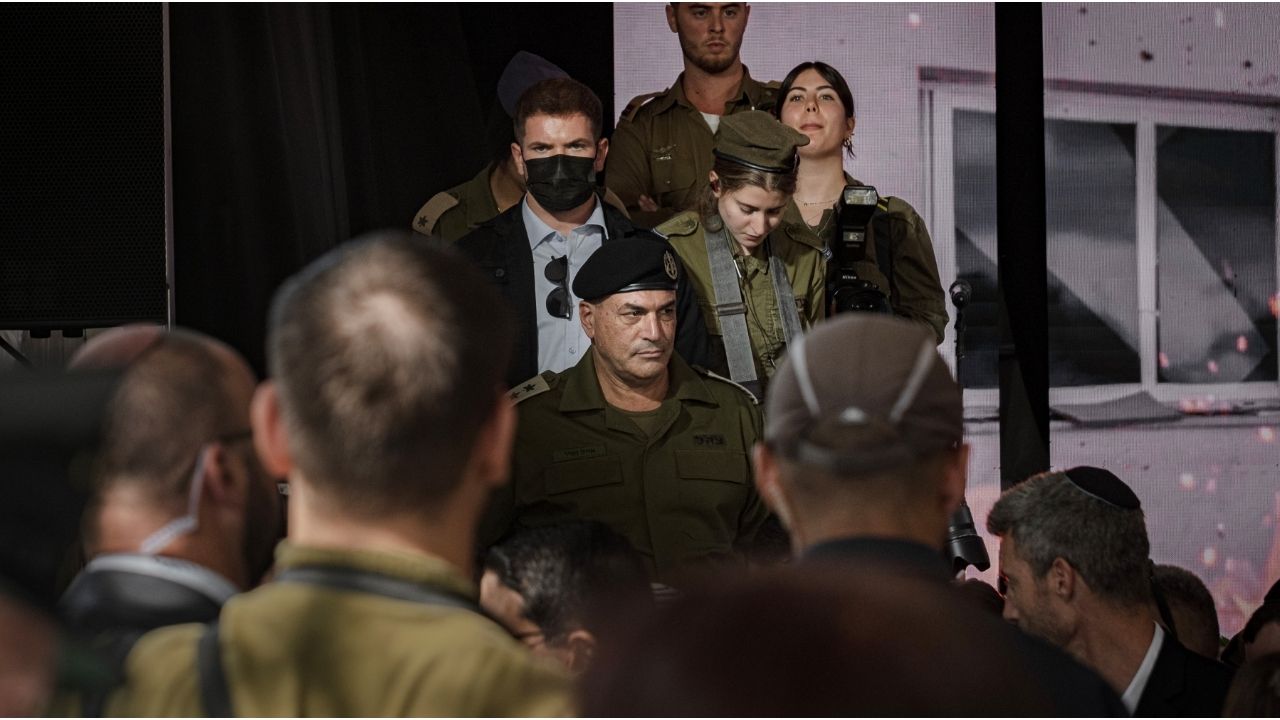The Israeli military’s chief of staff, Lt. Gen. Eyal Zamir, announced on October 15, 2023, that approximately a dozen senior commanders would be ousted or disciplined due to failures during the Hamas-led attack that triggered the ongoing conflict in the Gaza Strip. This marks one of the most significant punitive actions against military leaders since the devastating events of October 7, which resulted in over 1,200 fatalities in Israel and the kidnapping of around 250 individuals.
Zamir’s decision to hold these commanders accountable underscores the military’s intention to address perceived deficiencies in leadership and operational readiness. He remarked that the military had “failed in its primary mission on October 7 — to protect the civilians of the state of Israel.” The chief of staff characterized the events as a “severe, resounding, systemic failure” that necessitated decisive action to restore trust and establish a standard of command responsibility.
The specific commanders affected by this decision were not named, but many were serving in reserve roles and will be released from their duties. This move follows Prime Minister Benjamin Netanyahu‘s announcement earlier in October of a formal inquiry into the attacks, a decision that has sparked criticism and protests from those who doubt the independence of an inquiry led by the same government responsible for the events of that day.
Zamir’s disciplinary actions followed a review of internal investigations into the military’s failures on October 7. The inquiry, completed this month, revealed that senior officers had significantly underestimated Hamas and misinterpreted early indicators of an impending assault. While initial findings did not allocate individual responsibility, Zamir has now taken steps to rectify that oversight.
In light of these findings, Zamir expressed that the assessments of individual responsibility were “a necessary step” toward learning from the tragic events of October 7. He emphasized his respect for the affected officers, stating that the decision to discipline them was not taken lightly, especially considering their dedication to the security of the nation.
The aftermath of the October 7 attack has seen severe repercussions on both sides of the conflict. According to the Gaza Health Ministry, nearly 70,000 Palestinians have died as a result of subsequent Israeli military actions, many of whom were women and children. This staggering figure highlights the ongoing humanitarian crisis in the region.
Zamir’s actions reflect an urgent need for accountability within the military hierarchy, particularly following criticisms regarding the lack of preparedness for the assault. The military’s commitment to learning from these failures aims to prevent similar occurrences in the future. As the situation continues to evolve, the impact of these decisions will be closely monitored by both the Israeli public and international observers.







































































